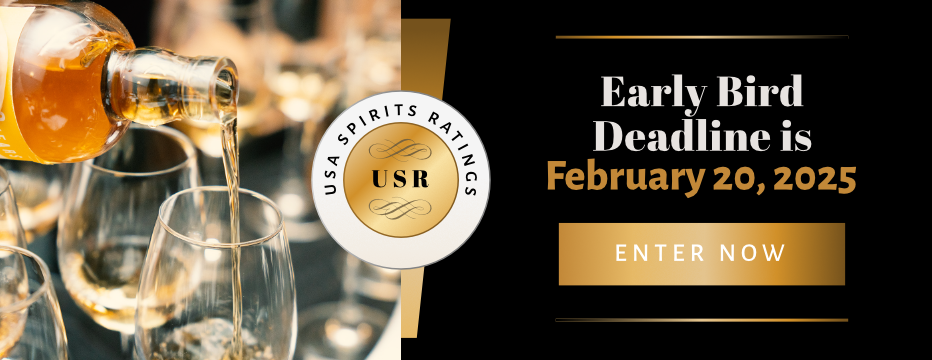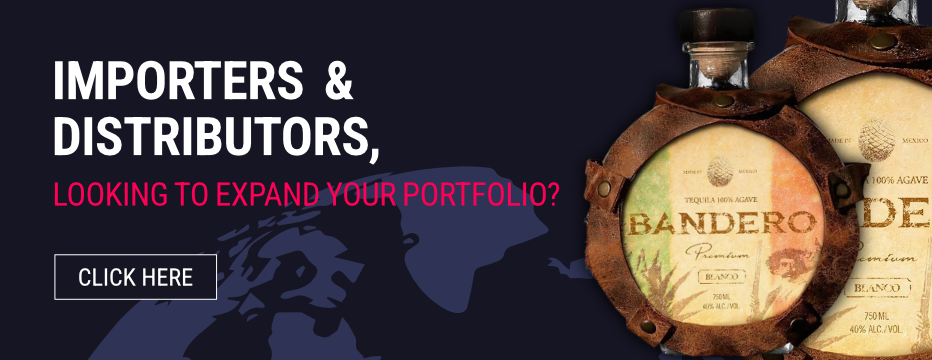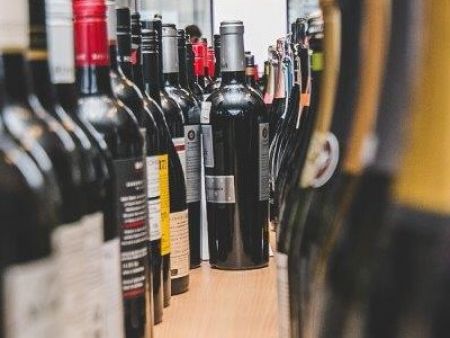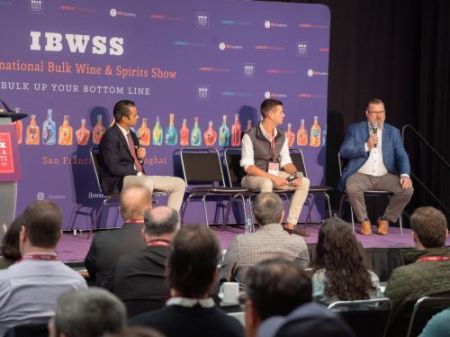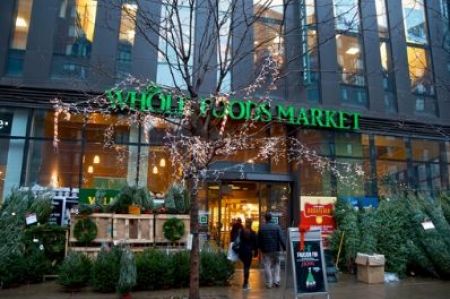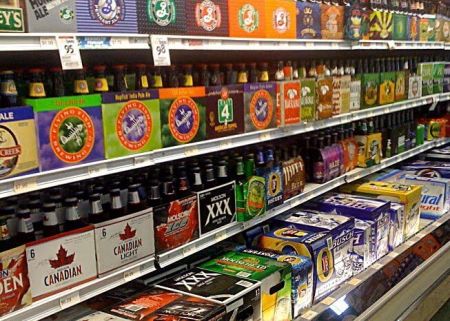Sommeliers Choice Awards 2024 Winners
BTN Interview with Su Birch, CEO of Wines of South Africa
BeverageTradeNetwork.com interviews Su Birch, CEO of Wines of South Africa on the current state of South African Wines and strategy moving forward.
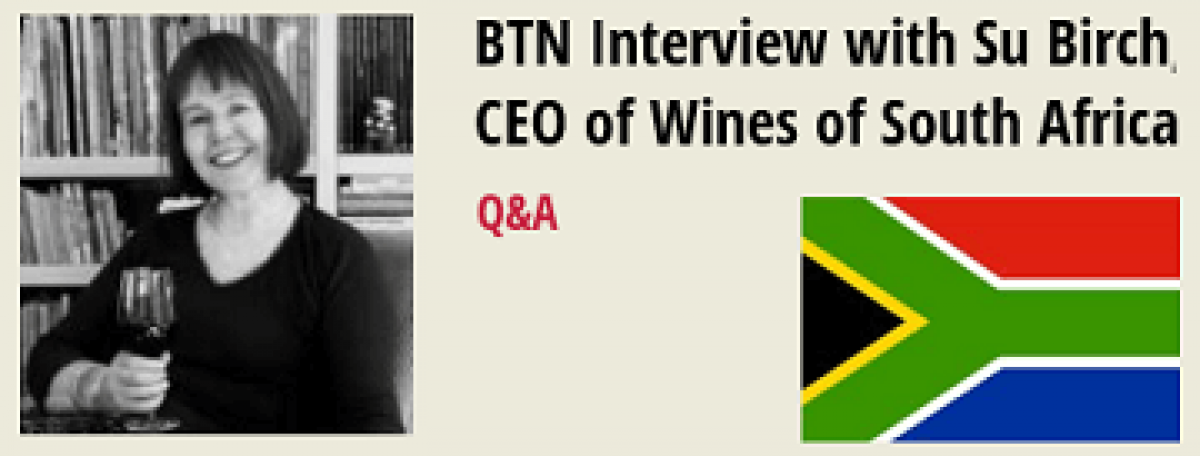
Q&A with CEO of Wines of South Africa

(Image: Su Birch, CEO of Wines of South Africa)
BTN: Do you see South Africa positioning their Pinotage and Chennin Blancs like the way Australia did for shiraz or Argentina did for Malbec?
Su Birch: South Africa has such varied terroir that we make a wide range of wines really well.This is both a weakness, in that South Africa does not have a clear cut calling card, and a strength in that we can offer the customer a wide range of wines across a wide range of price points..
We do believe there is an enormous potential for Chenin as it is such a food friendly wine. South Africa has more chenin planted than any other country and we make some very exciting wines from it.
BTN: What advice would you give South African wine producers to increase their competitiveness?
Su Birch: We have a great product, but we need to put as much passion into marketing it, as making it.
BTN: Do you see that fairtrade and organic wines will continue to grow?
Su Birch: I think consumers are increasingly concerned about sustainability issues and increasingly they want their products to be ethically sourced. I don't think organic per se is the big issue , but rather that wine has been produced in an earth friendly manner. South Africa is unique in its production integrity. Our wines are traceable back to the vineyards they were grown in, and virtually all producers adhere to and are audited against, a strict set of regulations regarding earth friendly production. This guarantee that the wine has been sustainably produced, is carried on the WIne and Spirit Board seal on our bottles.
In terms of ethical sourcing, South Africa is actually the largest producer of Fairtrade wine in the world, responsible for some two-thirds of it. We also have a multi-stakeholder Wine Industry Ethical Trade Association (WIETA) which trains producers and growers on ethical standards and audits our growers against an ethical code of conduct. We are in the process of trying to get all our 3600 growers ethically audited, either Fairtrade or WIETA accredited, within the next 3 years.
BTN: What is South Africa’s Advantage? How is South Africa placed to take advantage of global trends?
Su Birch: South Africa is making wines with real personality and the wine world is looking for distinctive wines.
Our wines over deliver on the value/price proposition especially at the premium end.
We have many small estates, and lots of dynamic innovative young winemakers who have great stories to tell.This suits the specialist and on line retailers.
We are leaders in sustainability, and in conserving the very unique natural (indigenous) habitat on our farms/vineyards. We are also ensuring that labour is treated fairly. This is in line with growing consumer trends and the purchasing policy of many retailers.
We believe that ecotourism, gastro tourism and wine tourism will all grow in the years ahead and with the stunning natural beauty of our winelands, we will benefit from that trend. People who come to South Africa, fall in love with South Africa. The US is our fastest growing country of origin of visiting tourists.
BTN: Could you explain what fairtrade is?
Su Birch: Fairtrade is designed to give small producers a better deal and improved terms of trade, or to deliver a benefit to workers, and Fairtrade offers consumers a way to reduce poverty through their every day shopping.
Fairtrade has a set of standards that applies to workers, whose employers must pay decent wages, guarantee the right to join trade unions, ensure health and safety standards and provide adequate housing where relevant.
Fairtrade Standards also cover terms of trade. Most products have a Fairtrade Price, which is the minimum that must be paid to the producers. In addition producers get an additional sum, the Fairtrade Premium, to invest in their communities.
The head office of Fairtrade is in Germany, and there is an accreditation body, Flo-Cert, who have dedicated auditors in different countries who then inspect each producer seeking accreditation each year.
BTN: Which is your number one market in terms of Sales Volume?
It is still the UK , but much less so than ten years ago.
BTN: What is Wines of South Africa’s social media strategy?
Su Birch:We have an encyclopedia of a website, which we are currently revamping and are active on Twitter, Pinterest, Youtube and with blogs. Each country that we target has its own social media strategy that embraces a WOSA Facebook, twitter, consumer newsletters, etc.
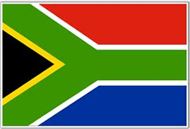 BTN: What matters most when selling South African wines in the USA? What are some challenges that south African wines are facing in United States and how can producers from SA overcome these?
BTN: What matters most when selling South African wines in the USA? What are some challenges that south African wines are facing in United States and how can producers from SA overcome these?
The one thing that matters most when a producer considers selling in the USA is to do proper research before they enter the market. Key is to choose a stable importer that has a team of sales reps in key market states (that also has the best distributor network). Secondly, once the wine is launched it is vital that the producer then works with the importer and the distributors to help depletions going.
It is of course also incredibly important to understand the market, what style of wines at certain price points work, and to do in-depth branding research. The USA is a very unique market when it comes to wines that sell between $8 - $20. Branding is almost everything. Quality is naturally also important, but packaging will be the first interaction between the consumer and one's wines, and can make or break the entry into the market.
The main challenge in the USA is the intense competition from USA and other imported wines. The USA still consumes mostly Californian wines - 70 % of the wine drinking population consumes USA wines. It is by far the fastest growing wine industry, but competition is fierce. Lastly, the three-tier system makes it very complicated to sell in the USA - hence the importance of entering the market with an established importer who understands the system, and who has a good distribution network. Relationships are incredibly important in the USA, and if a winery teams up with an established importer that has good key account relationships, it will save a lot of time for the producer.
BTN: What are the challenges South African wineries are facing in China?
Su Birch: Finding and building a relationship with a reliable importer and distributor,identifying where your wine is being sold and to whom, and who is drinking your wine, cultural and language barriers, and some new non tariff barriers are emerging.
BTN: what are the challenges that wineries are facing in India?
Huge local tariffs make imported wine uncompetitive. The current market growth is being driven by local wines.
BTN: Do you see China importing more than United States in few years? And what is WoSF doing for the Asian markets?
It is hard to call this. China is expanding their plantings at a huge rate and it could be that they will import less in the future. We are confident that imports into the US will grow, and this will remain a high value market Wines of South africa has an active programme in China, attending wine shows, social media and tastings.
Beverage Trade Network would like to thank Su Birch for the interview.
About Wines of South Africa:
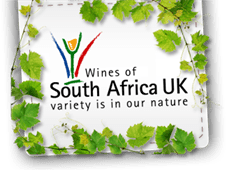 Wines of South Africa (WOSA) is a fully inclusive body, representing all South African producers of wine who export their products. WOSA, which was established in its current form in 1999, has over 500 exporters on its database, comprising all the major South African wine exporters.
Wines of South Africa (WOSA) is a fully inclusive body, representing all South African producers of wine who export their products. WOSA, which was established in its current form in 1999, has over 500 exporters on its database, comprising all the major South African wine exporters.
It is constituted as a not-for-profit company (sec21) and is totally independent of any producer or wholesaling company. It is also independent of any government department, although it is recognised by government as an Export Council.
WOSA's mandate is to promote the export of all South African wines in key international markets. Traditional markets include the United Kingdom, Germany Sweden and the Netherlands. More recently, WOSA has also been developing markets for South African wines in the United States, Canada, Russia, and Asia.
(Image Source: Wines of South Africa UK)
Note: This is an old interview. Su Birch no longer serves as a CEO at Wines of South Africa.




